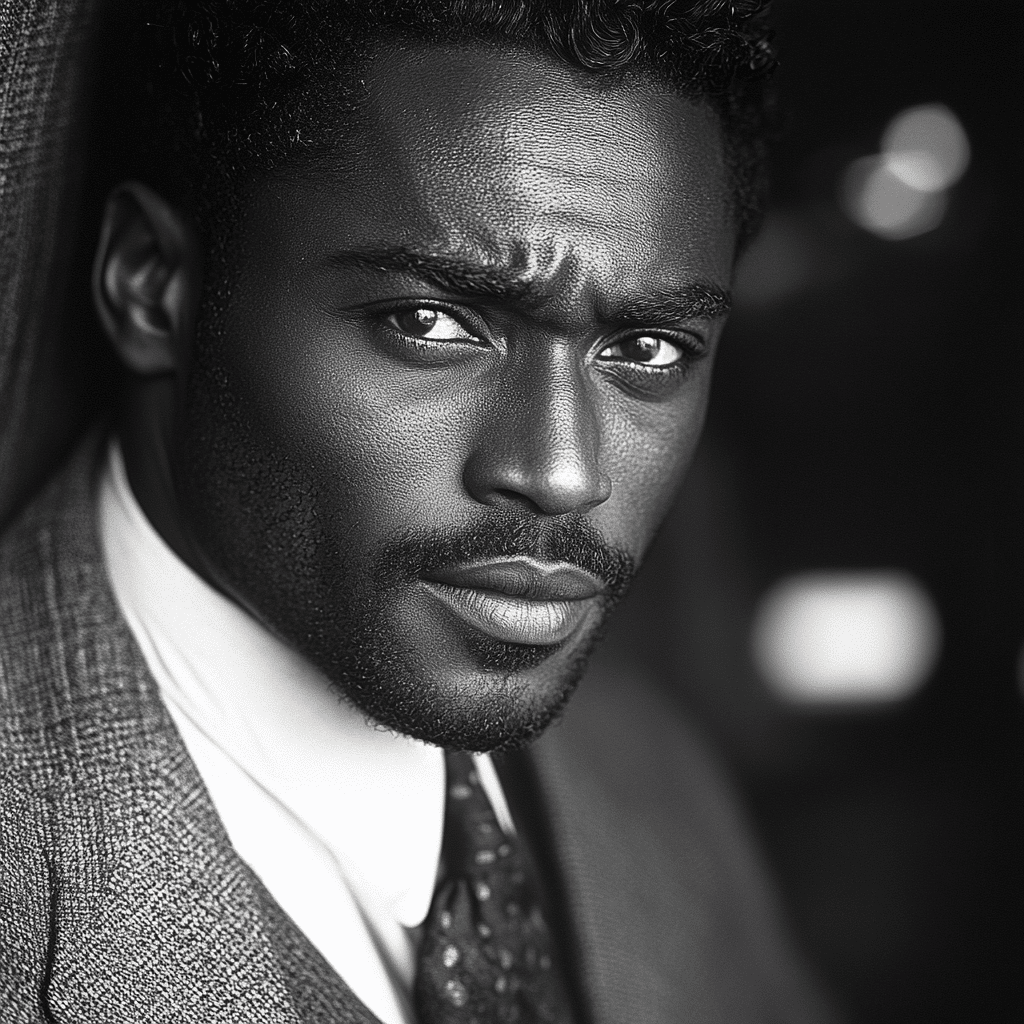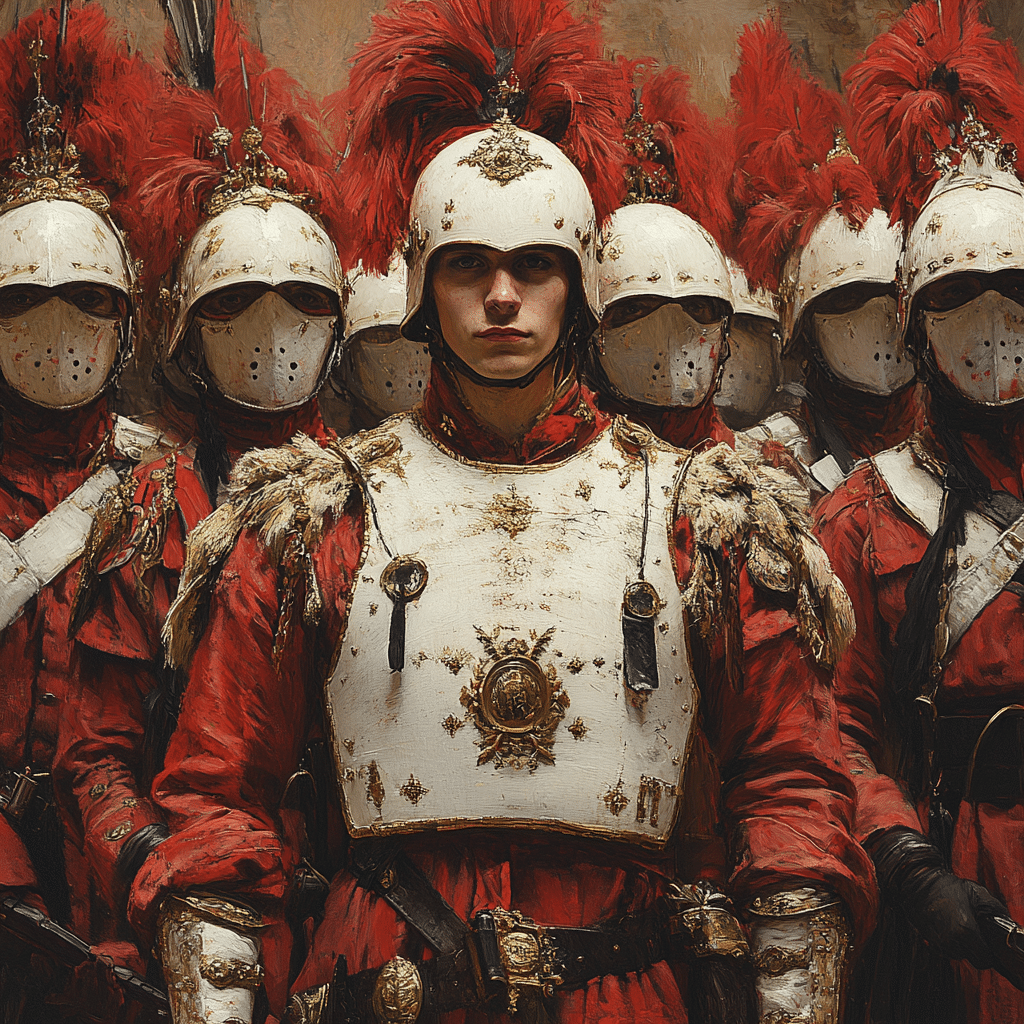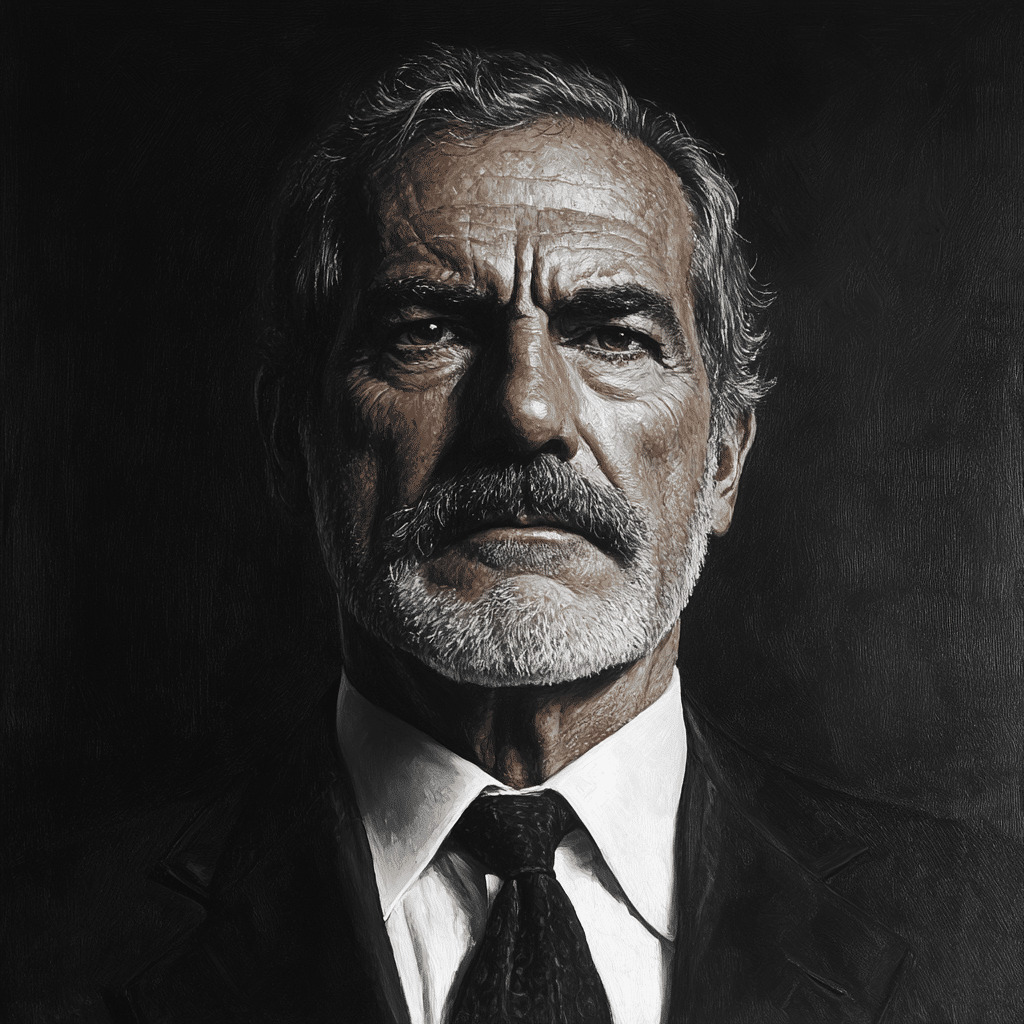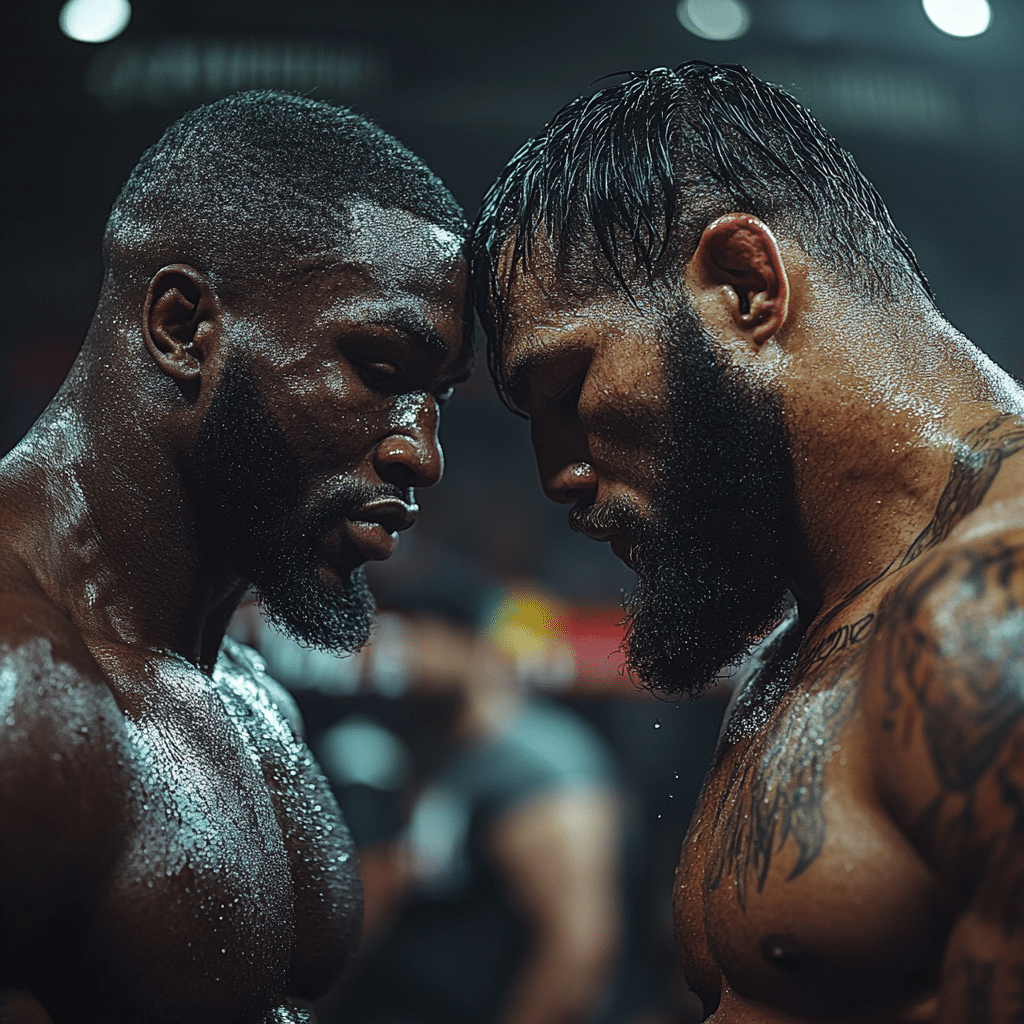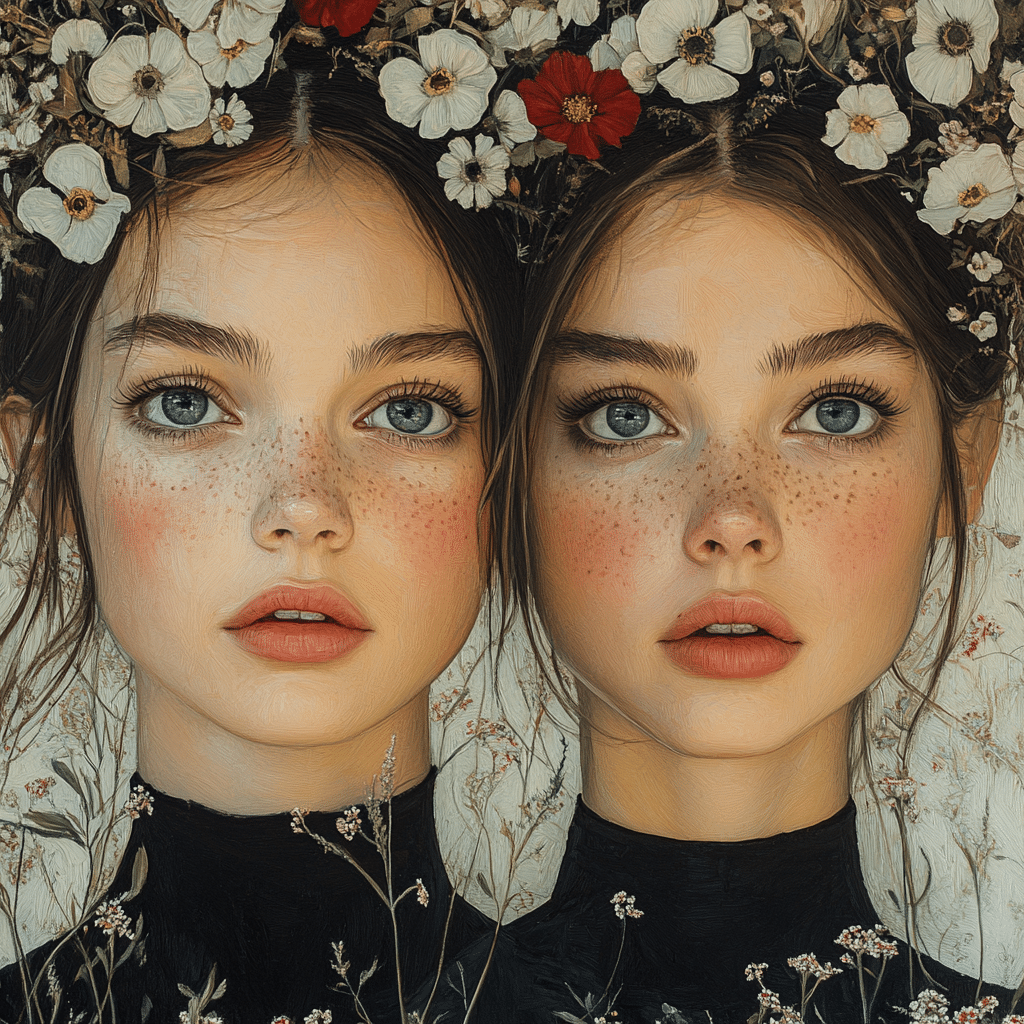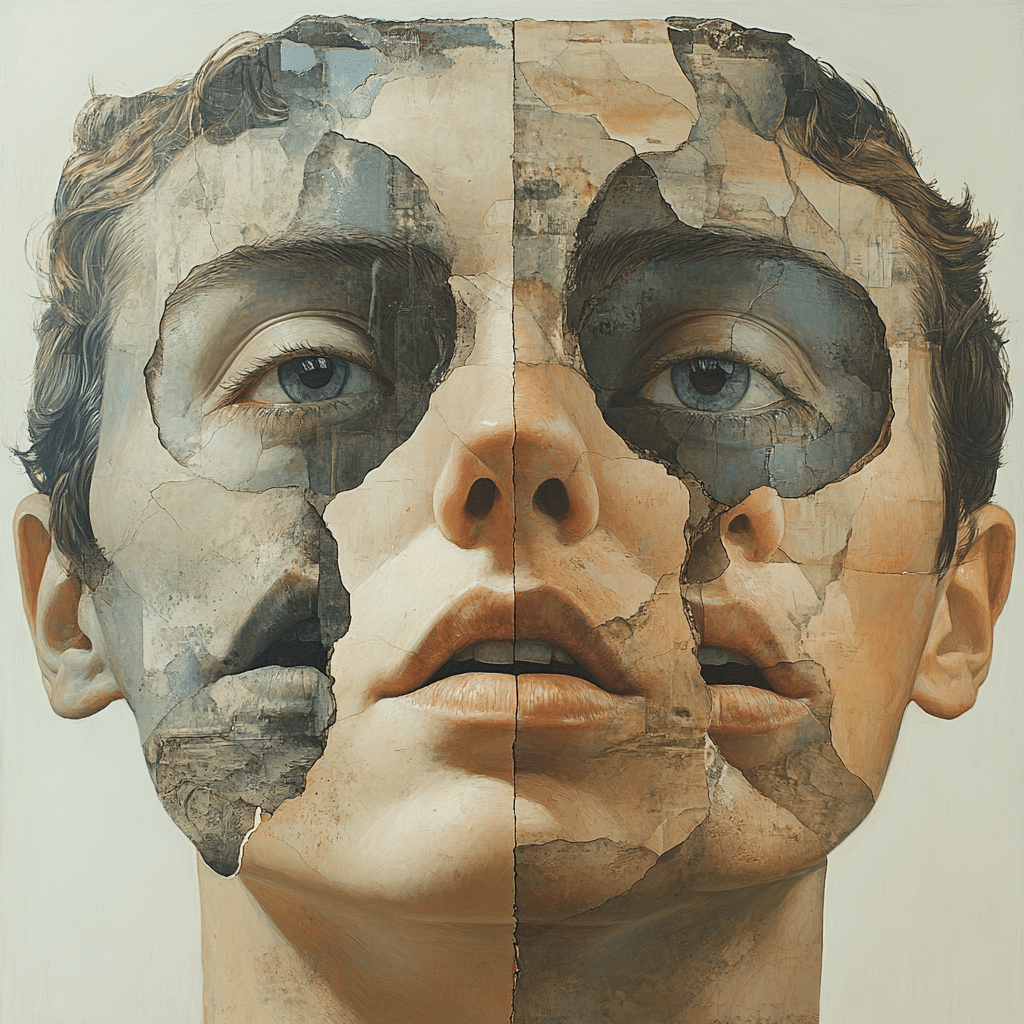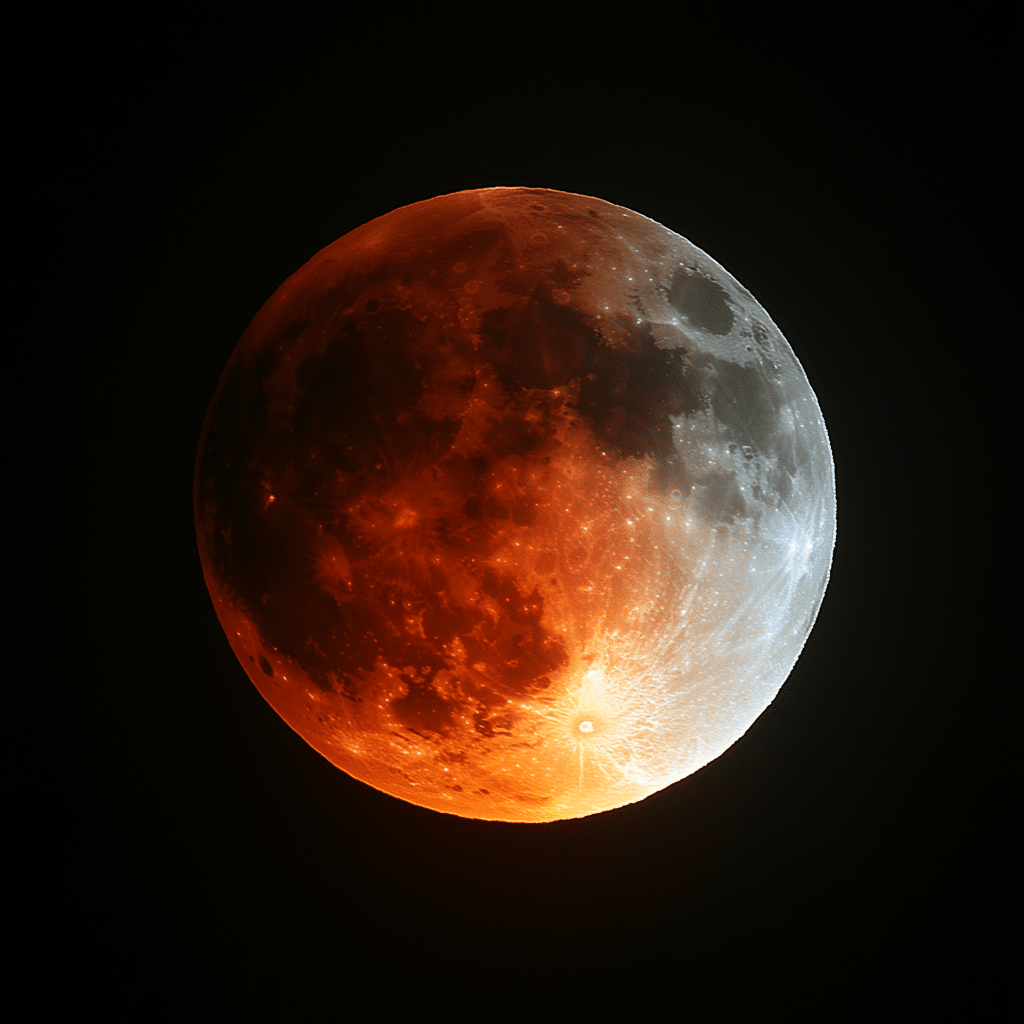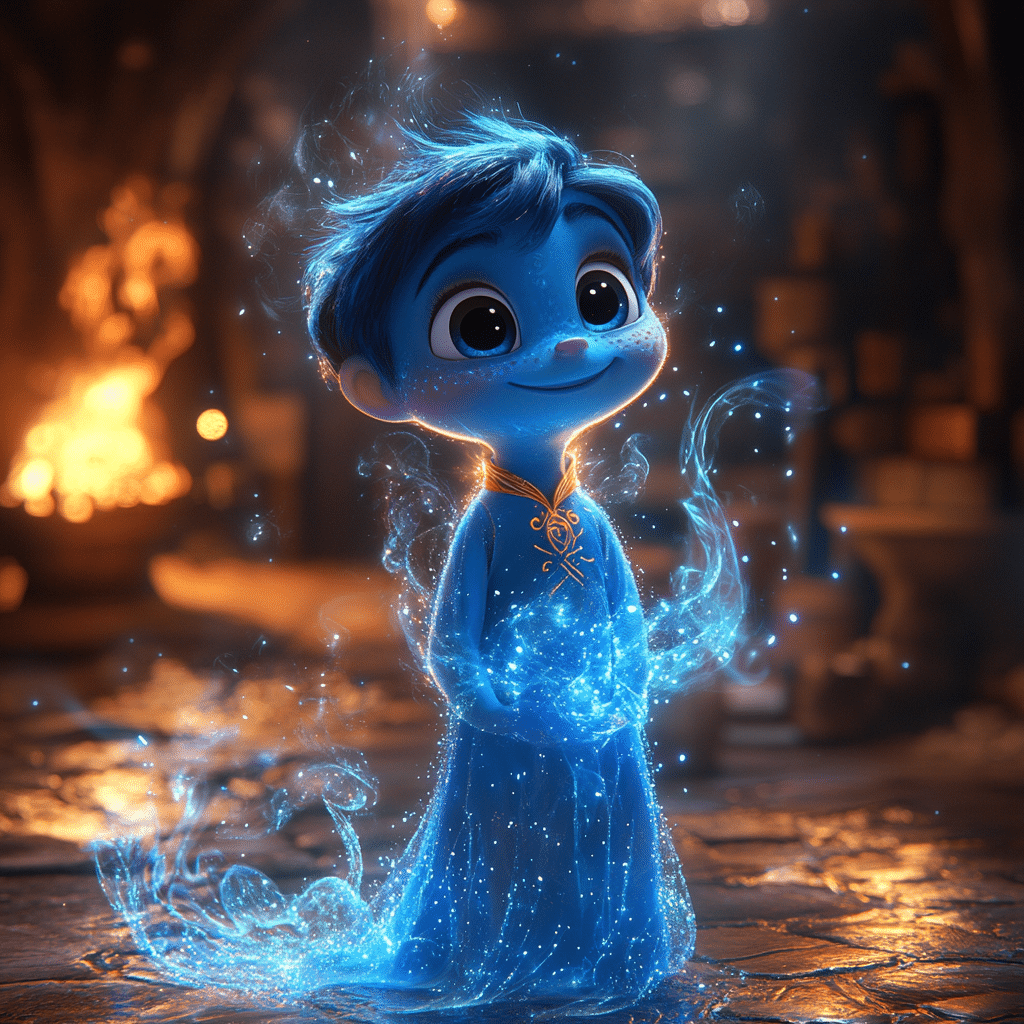The influence of famous black film actors extends far beyond individual performances; they have changed the landscape of cinema through their artistry, activism, and representation. This article delves into the legacies of notable figures who have made indelible marks on the film industry, reshaping narratives and expanding opportunities for future generations.
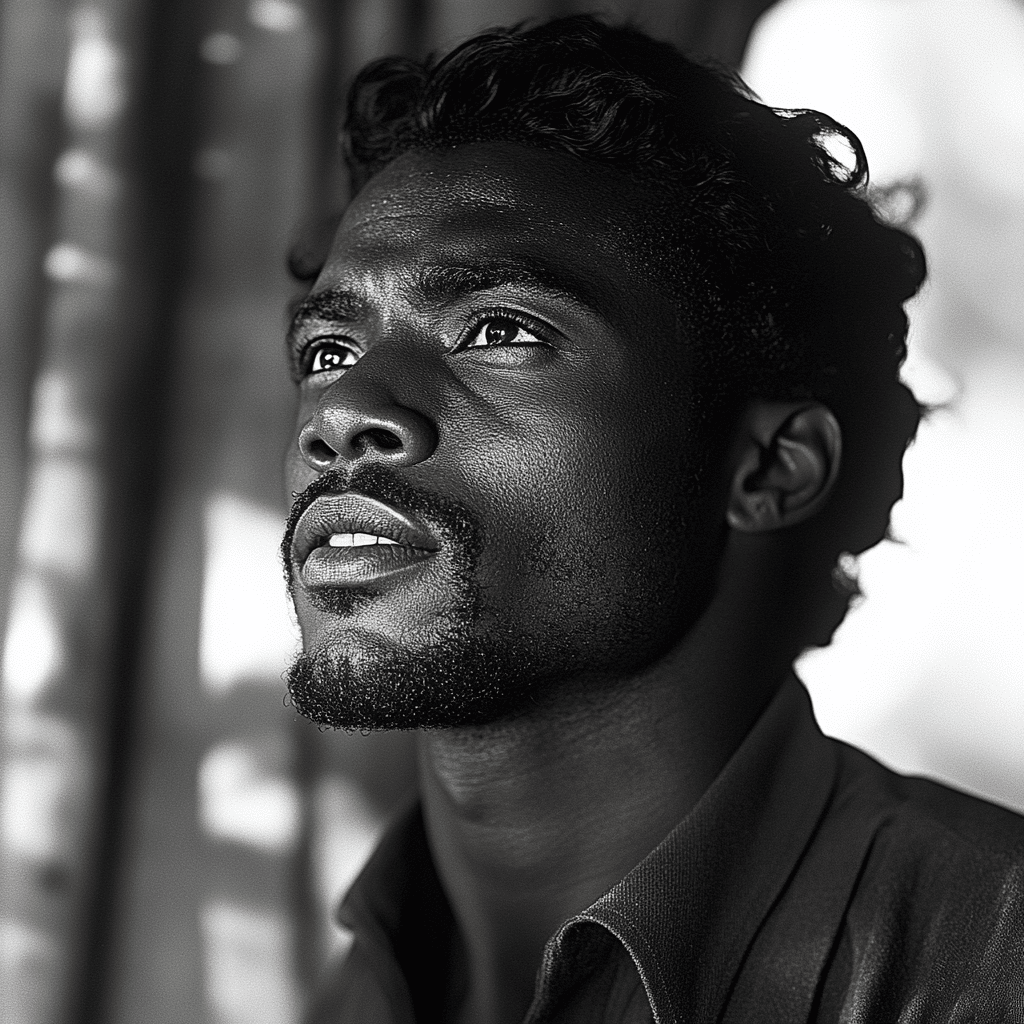
Top 7 Famous Black Film Actors Who Revolutionized the Industry
1. Sidney Poitier
Breaking barriers in the 1960s, Sidney Poitier became the first Black actor to win an Academy Award for Best Actor. His roles in films like Lilies of the Field and Guess Who’s Coming to Dinner challenged racial stereotypes and opened doors for Black actors in Hollywood. Poitier’s dignified performances redefined how Black characters were portrayed, moving away from caricatures to complex, multifaceted individuals. In a time of rampant racism, he stood tall—leading the way for others.
2. Denzel Washington
With a career spanning several decades, Denzel Washington has become a powerful presence in both acting and directing. His contributions, including critically acclaimed performances in Training Day and Fences, have earned him two Academy Awards. Washington’s ability to tackle diverse roles has paved the way for a dialogue about race and masculinity in cinema, challenging societal norms and elevating the narratives of Black experiences. He offers a blueprint for aspiring actors everywhere.
3. Halle Berry
Halle Berry broke significant ground by becoming the first African American woman to win an Academy Award for Best Actress for her role in Monster’s Ball. Berry has been a consistent force in Hollywood, fighting against the industry’s racial barriers while advocating for diverse storytelling. Her work has inspired a generation of actresses to pursue leading roles that defy traditional gender and racial expectations. Berry’s courage not only changed the trajectory of her career but became a catalyst for others.
4. Chadwick Boseman
Chadwick Boseman’s portrayal of historical figures such as Thurgood Marshall and King T’Challa in Black Panther exemplified the power of storytelling through representation. His commitment to authentic character representation brought Black narratives to a global audience, especially through the groundbreaking success of Black Panther. Boseman’s untimely passing has left a profound legacy, and discussions about Black storytelling continue to be influenced by his work. His impact on film is indelible and will inspire generations.
5. Viola Davis
Viola Davis’s powerful performances in films such as Fences and The Help have earned her acclaim and numerous awards. Known for her relentless fight for authentic representation and storytelling, Davis’s advocacy extends beyond her roles. Her speeches about the lack of diverse narratives in Hollywood have sparked conversations that continue to motivate change within the entertainment industry. Davis is a beacon of hope and change.
6. Will Smith
With a career that includes music, television, and film, Will Smith represents the crossover appeal of famous Black film actors. His transformative roles in movies like The Pursuit of Happyness and Ali showcase his versatility and impact on mainstream cinema. Smith’s influence also extends into executive production, where his company continues to prioritize inclusive content. He embodies aspiration and access, inspiring countless individuals in the industry.
7. Lupita Nyong’o
Lupita Nyong’o emerged as a formidable talent following her Oscar-winning performance in 12 Years a Slave. Her advocacy for representation is reflected in her choice of roles and her public speaking. Nyong’o’s work has initiated dialogues surrounding the intersection of race and gender in film, pushing for broader storytelling horizons. She serves as a voice for change, challenging both the characters she portrays and the narratives that surround them.
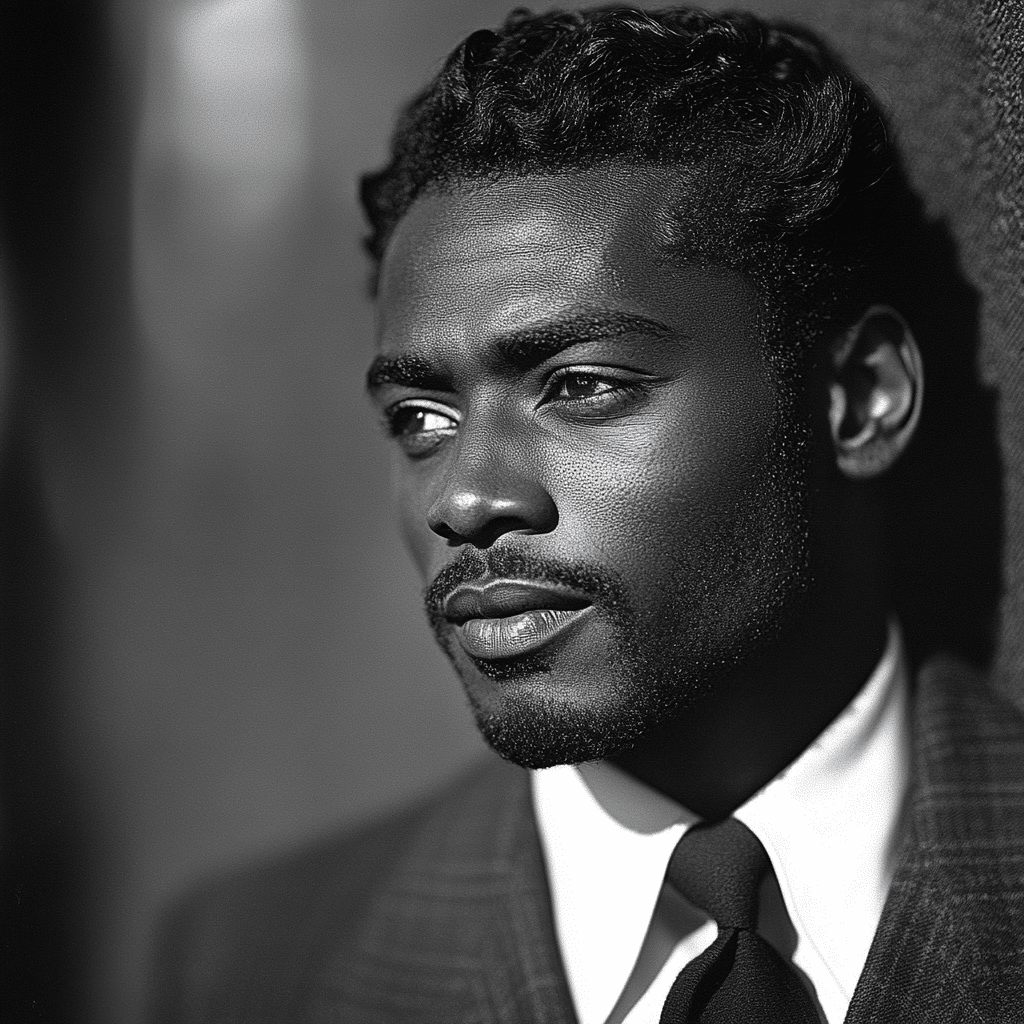
The Power of Famous Black Actors in Cinema
The contributions of these famous black actors have not only transformed their careers but have also significantly enriched the film industry as a whole. Their achievements highlight the ongoing challenges faced by Black artists in Hollywood, where systemic barriers still exist. These actors have used their platforms to advocate for parity, inclusivity, and authenticity in storytelling.
Moreover, they exemplify how fame can be leveraged to create opportunities for emerging voices in cinema. As mentors, they inspire a wave of new artists and filmmakers who push the limits of representation in film. Actors like Washington and Davis mentor the next wave, ensuring their fight for equity isn’t forgotten. Their legacies remind us of the importance of diversity behind the camera, too.
The investment in authentic storytelling has gained momentum, and new initiatives have arisen to support diverse filmmakers. Organizations focused on funding projects by underrepresented voices are becoming crucial to the landscape. With movements like #OscarsSoWhite, the fight for visibility isn’t just personal; it’s an important endeavor for the industry as a whole.
Reshaping Cinematic Narratives
The impact of famous black film actors extends beyond the screen; it has shaped cultural dialogues and societal perspectives. Advocacy for systemic change within Hollywood has been significantly bolstered by their voices. By embracing their identities and experiences, these actors have facilitated a richer, more varied introduction to the Black experience in cinema.
Through powerful performances and grounded storytelling, these actors challenge stereotypes and pave the way for a more inclusive space in film. They remind audiences that each story told represents not just an individual but a community. Their approaches force the industry to acknowledge its history and evolve, which is vital for future initiatives for both actors and audiences alike.
As the film industry continues to develop in 2024, the foundational work laid down by these icons will be paramount. By reflecting on their contributions and the lessons they imparted, cinema is poised to navigate racial discussions while celebrating rich, diverse human experiences—an ongoing journey sparked by the courage and talent of famous black film actors.
These actors, through their incredible talent and perseverance, have inspired countless individuals to express their own narratives. The legacy they leave is a testament to their impact, making strides towards a more inclusive film industry and opening the door for new voices in storytelling.
For a deeper dive into the latest industry trends, check out our article on the Houston Livestock show And Rodeo or learn about your favorite films like 28 Days, a need-to-watch from 2000. Don’t miss the latest movie trailers, including the haunting Saltburn, which promises to deliver an unforgettable cinematic experience. As the film industry shifts, you won’t want to miss the conversations, insights, and stories that bring these narratives to life.
Famous Black Film Actors Who Changed Cinema Forever
Breaking Boundaries and Shaping Narratives
Famous black film actors have dramatically transformed the landscape of cinema, tearing down barriers and introducing new narratives. Take Sidney Poitier, for instance. He was the first Black man to win an Academy Award for Best Actor, paving the way for many who followed. Did you know that his breakout role was in the film Lilies of the Field? This win not only honored his talent but also challenged Hollywood to embrace diverse stories. Speaking of diversifying entertainment, does anyone remember when The Walking Dead Season 1 created a storm by featuring characters that defied stereotypes? The show captivated viewers from the get-go, just like Poitier did in his early days.
Iconic Performers and Their Impact
Moving on through the ages, we can’t forget about Denzel Washington, who has etched his name in Hollywood history. He’s often highlighted for his role in Training Day, but he’s done so much more, acting, directing, and producing works that reflect the African American experience. It’s pretty interesting how film can serve as a vehicle for change, much like how 28 Days captured the struggle of addiction while highlighting an important dialogue around recovery. Similarly, the emerging talents—think of actors like Daniel Kaluuya, who starred in Get Out. The film portrayed racial tensions with such sharpness that it left a lasting impression, sparking conversations that continue today.
The Legacy Lives On
The legacy of famous black film actors isn’t just about their past; it’s also about future generations. Talents like Viola Davis and Chadwick Boseman have taken Hollywood by storm, bringing depth to their characters and inspiring upcoming artists. We can relate that to the way millennials value representation—just as many are seeking more than just luxury stays when exploring Hotels in Milan; they want experiences that resonate with their identities. In the same vein, the representation in films drives young actors to dream big and reach for the stars. Plus, with exciting projects like the Saltburn trailer creating buzz, it’s clear that the narrative around diversity is only gaining momentum. As these stars continue to shine brightly, they’re ensuring that their contributions will be celebrated for years to come, much like the lasting imprint of the Pontiac Sunfire in the ’90s auto scene.
In conclusion, the impact of famous black film actors is profound and continues to shape our cultural landscape. Each performance lays down the groundwork for future talents, allowing important stories to unfold and be shared, ensuring that cinema remains an inclusive medium for all audiences.
